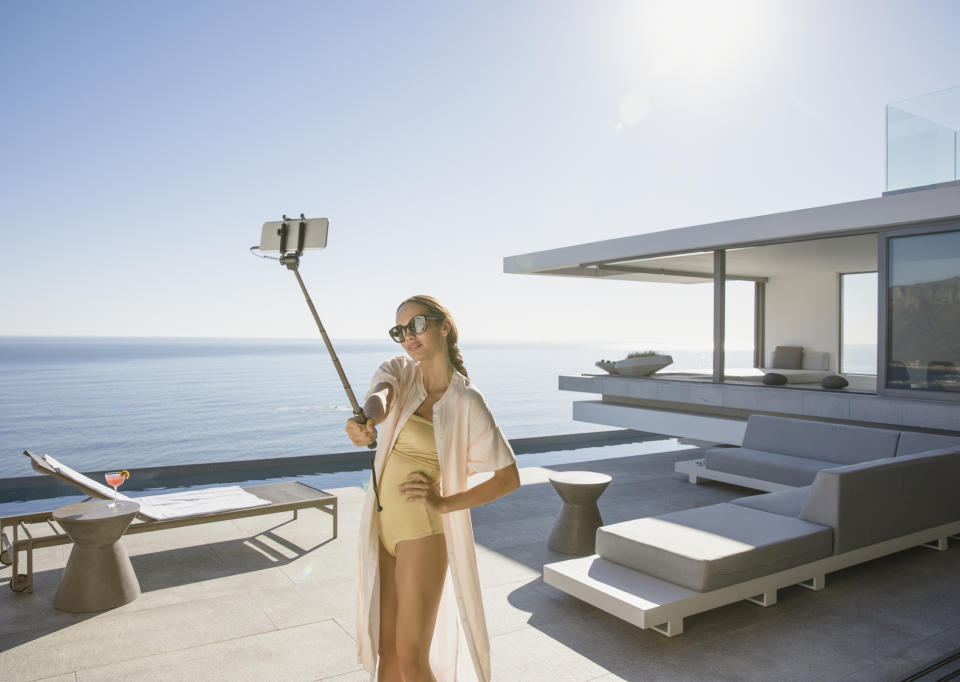Airbnb landlords face tax CRACKDOWN

The Australian Taxation Office (ATO) is carefully watching the data of taxpayers to catch out those who are claiming deductions for "holiday" houses but actually use them as their own residence.
The data-matching campaign would target Australians who post their property on share economy systems like Airbnb and Stayz but didn't actually have a tenant in it for long periods, warned William Buck Accountants tax services director Craig Barry.
"The ATO appear to be using data-matching statistics along pockets of coastal areas to predict genuine periods where rental income can be derived," he said.
"If your holiday house doesn’t derive income during that period but you claim deductions for your expenses such as interest and rates, [the ATO] may question why you didn’t earn rent during those times.”
Properties that attract a red flag from the ATO algorithm would go to the top of the list for human scrutiny, according to Barry.
"Increased sophistication of data-matching means the ATO can compare your property against other holiday rentals in the area. If you fall out of their bell curve, you could be their primary target for a review or costly audit."
While it's fair enough to catch out people who are deliberately deceitful, how would the ATO judge a property that was listed for rent but was left empty just because it wasn't very popular?
"How do you prove that no one was interested? The onus of proof is on the taxpayer, so it isn’t too difficult to see a situation where a taxpayer may be denied deductions due to being unable to prove a negative," Barry said.
Also read: Man cleans his car, finds $1.5 MILLION Keno ticket
Also read: How to get cash back on an overseas holiday
Also read: How to fly BUSINESS CLASS return to Hong Kong for $199
William Buck Accountants gave this example of an Airbnb owner that could get caught out by the ATO data-matching:
"Joe Bloggs has a rental property north of Brisbane, which he attempts to rent out throughout the year. The property is near the beach and accordingly is primarily rented to the holiday crowd on a short-term basis.”
"Due to the nature of the holiday let market, the property typically has periods of vacancy, particularly during winter. He claims deductions for interest and rates during these periods of vacancy. Joe has used a number of different on-line and traditional letting platforms across different years to attract holiday-goers."
The company advised that Australian landlords that meet these criteria to watch out for the ATO crackdown:
Using sharing platforms like Airbnb and Stayz. “If you’re using multiple sharing platforms, you must have a clear reconciliation of transactions across all platforms. The fact that Joe used a number of different providers across different years means he may encounter some difficulty in tracking accurately the income earned each year.”
The long periods of vacancy and what caused these. “If your property is not rented during periods, you must be able to explain why - particularly in key holiday periods. ATO will want proof of rejection of potential tenants and detailed explanations regarding these rejections. The ATO are seeking to identify undeclared rental income, or instances where landlords are not actively seeking tenants or under-reporting periods of private usage.”
The tax office allows genuine deductions during vacant times like loan interest and council rates if the owner is making a genuine effort to find a tenant.
If the property is used for personal purposes for any period during the year, only a proportion of the holding costs should be counted as tax deductions.
Make your money work with Yahoo Finance’s daily newsletter. Sign up here and stay on top of the latest money, news and tech news.

 Yahoo Finance
Yahoo Finance 